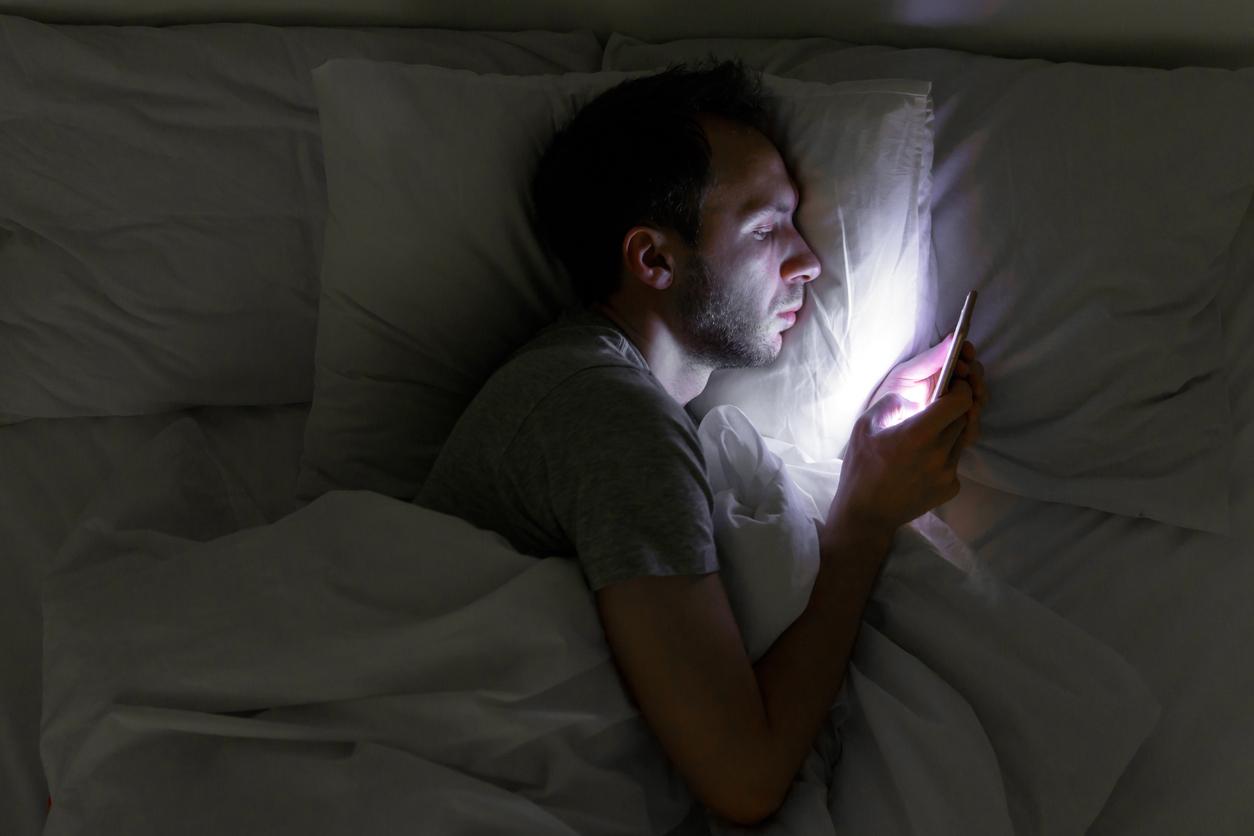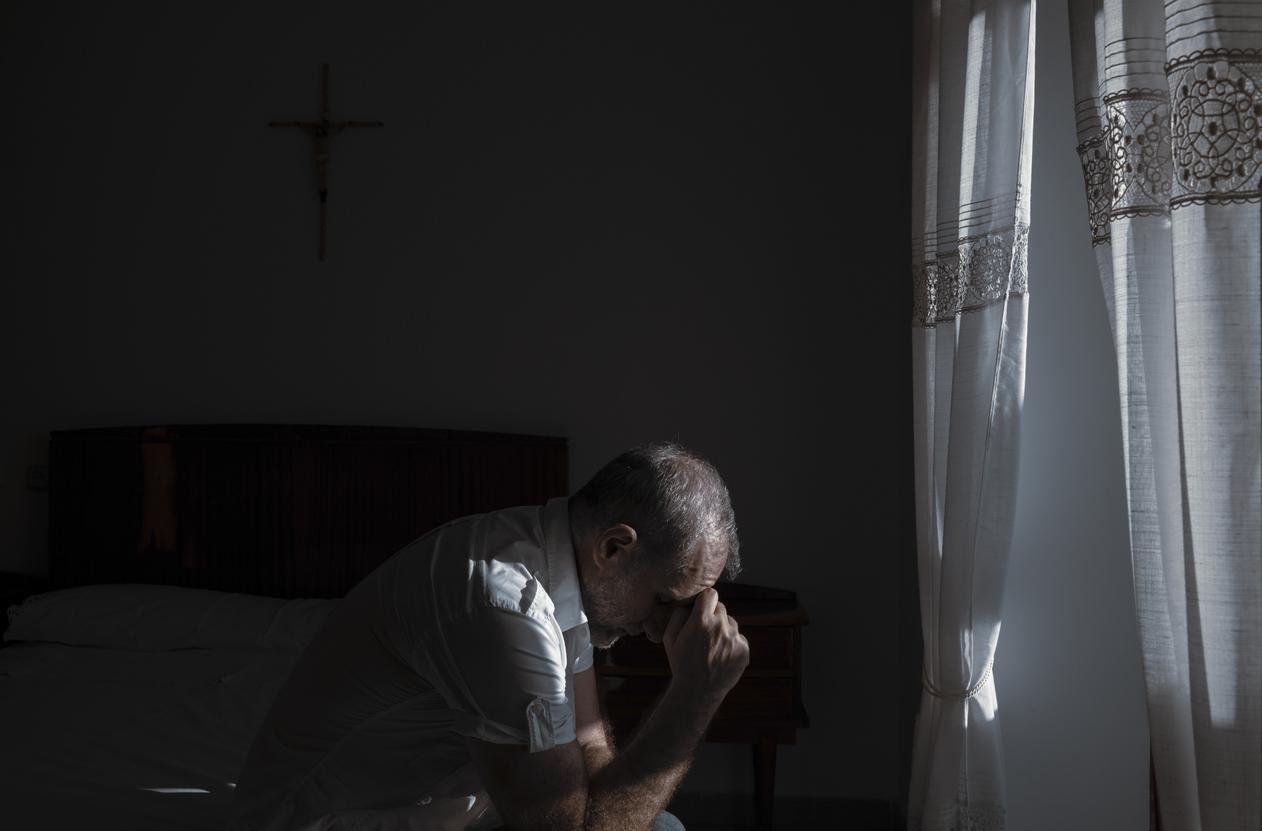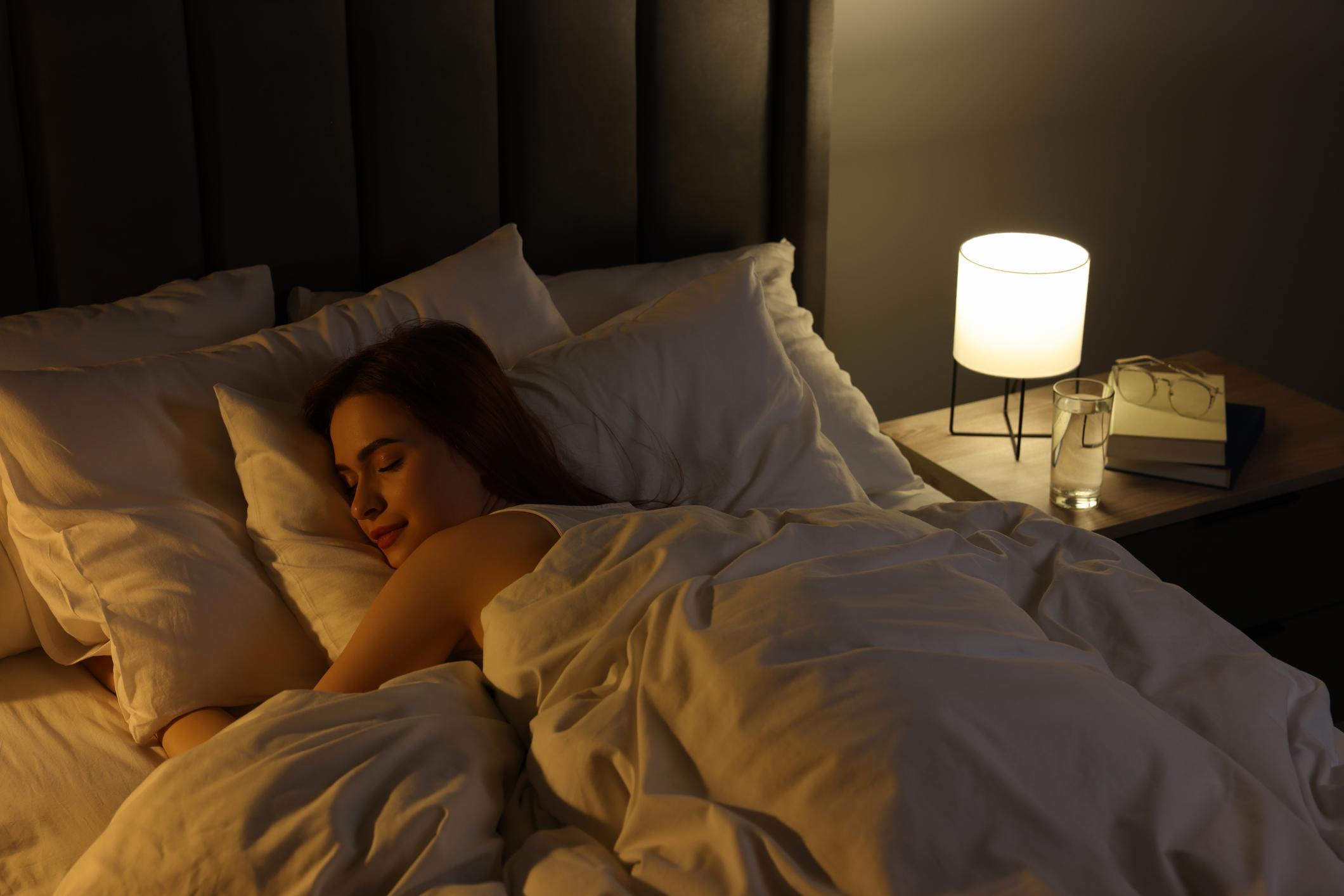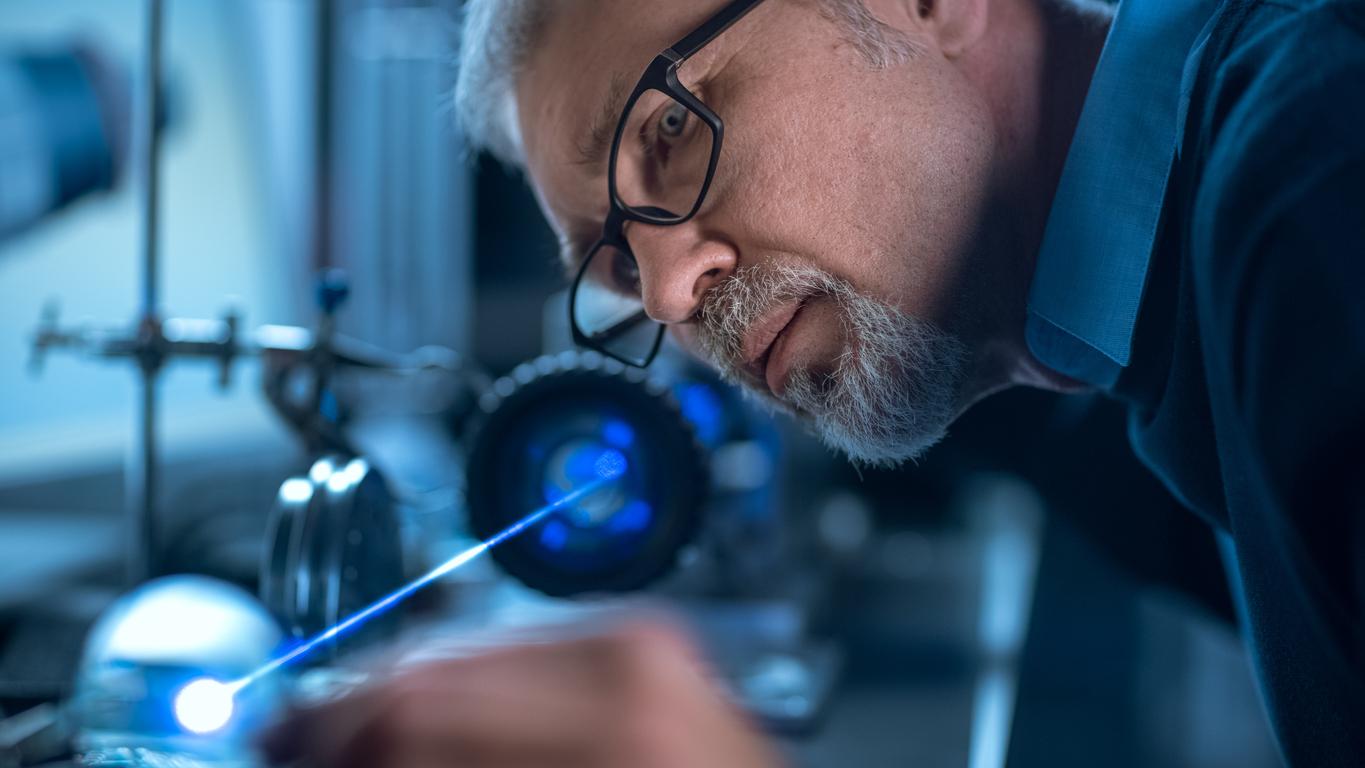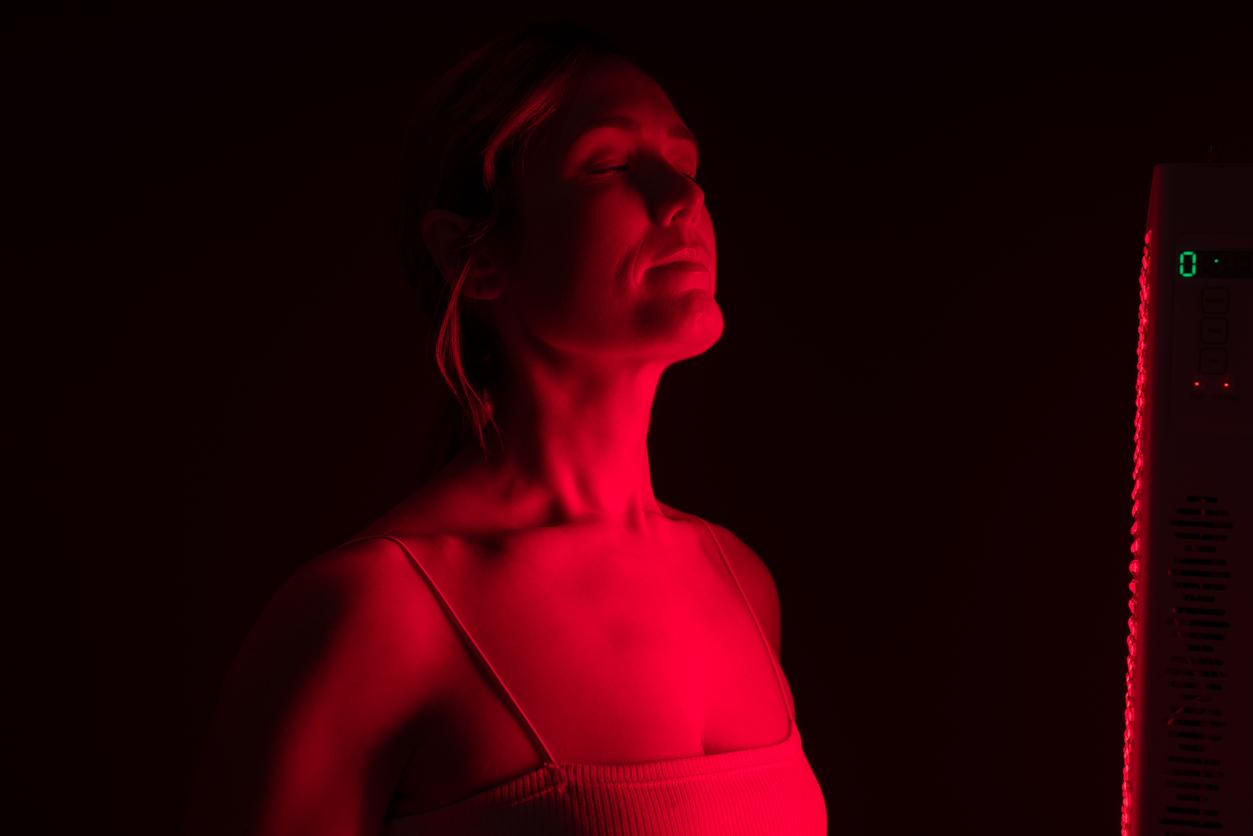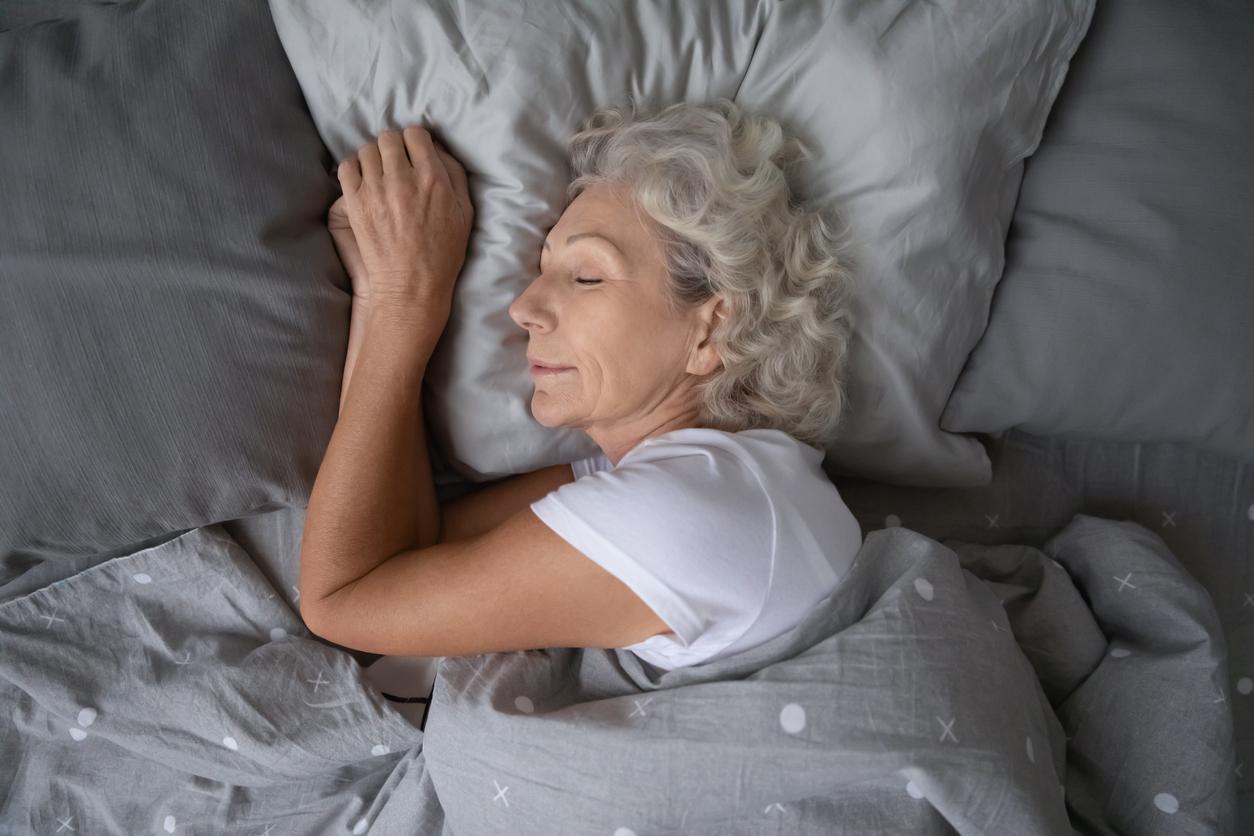City dwellers are used to street lights at night. This artificial lightubiquitous in everyday life could disrupt the circadian rhythm and affect human health. Dutch researchers say this overexposure to unnatural light could be responsible for loss of bone density.
The experience reported in Current biology was carried out under extreme conditions on mice: neuroscientists Eliane Lucassen and Johanna Meijer, from the University of Leide in the Netherlands, implanted electrodes in the parts of the brain that control the circadian rhythm(the biological clock that governs the sleep-wake cycle) to observe the neuronal activity of rodents. The small guinea pigs were exposed for six months to harsh artificial light.
As a result, the mice exhibited a loss of bone density associated with muscle weakness. These symptoms disappeared as soon as the rodents were able to regain periods of darkness.
Night workers more at risk
If this study was carried out on mice, the researchers still see it as a danger to the bones, hitherto ignored, of night work or shifted hours – lifestyles that disrupt the biological clock.
The harmful effects of night work on healthare regularly singled out. They notably increase the risk of obesity, type 2 diabetesand cardiovascular disorders.
Read also: Night work: the right diet to not gain weight
Night work: good tips for a good sleep
Night work: it doubles the risk of breast cancer










